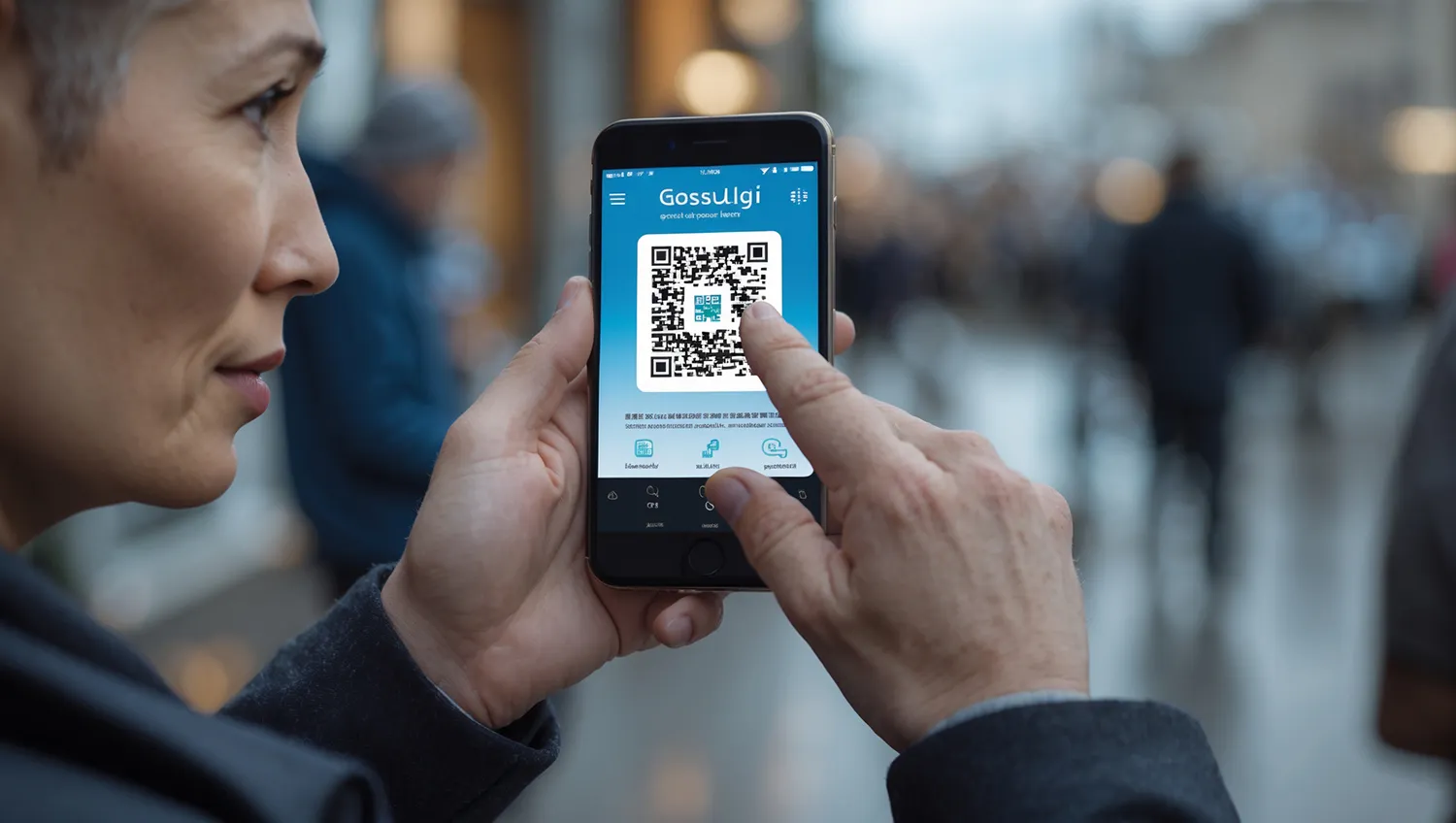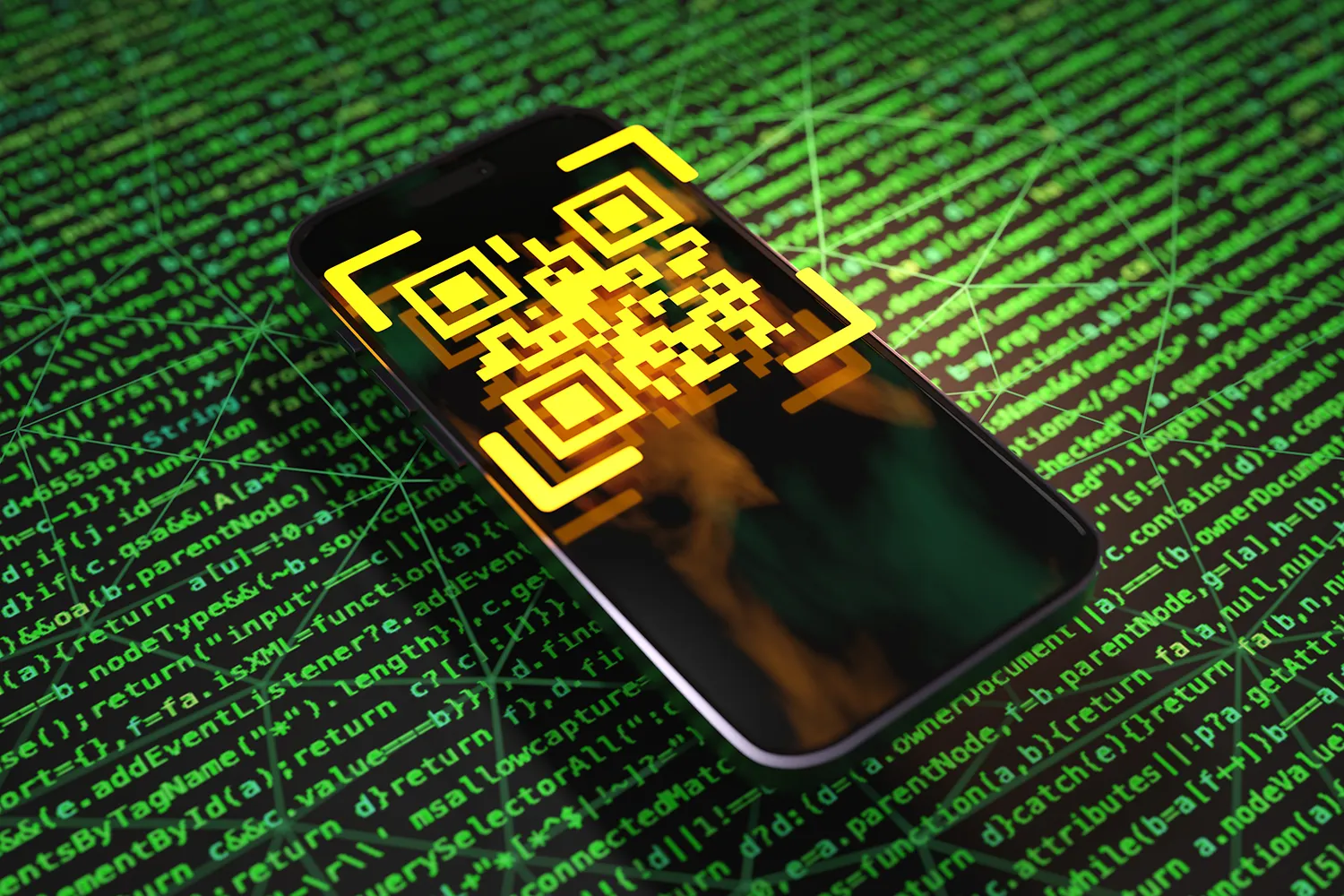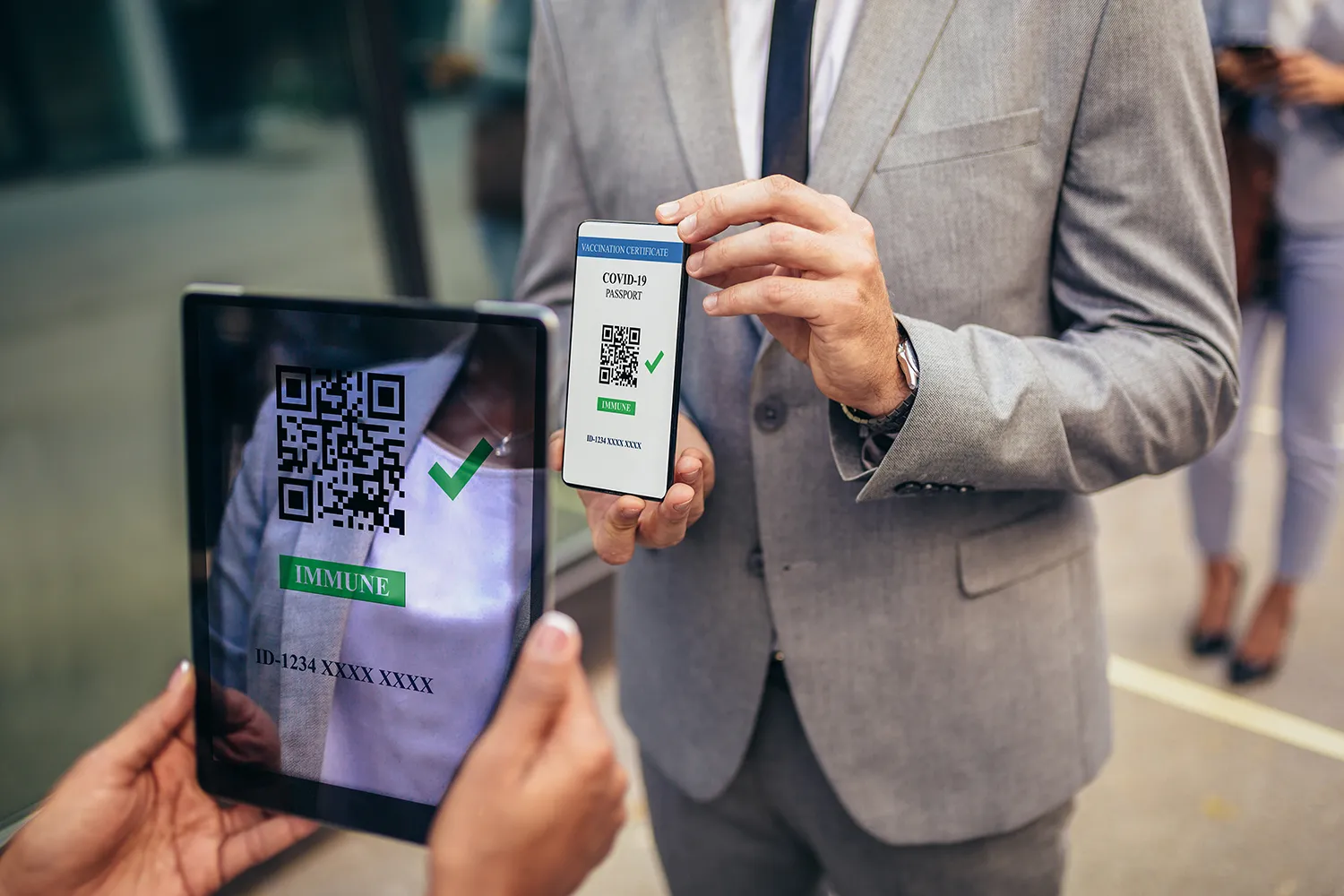In Russia, a QR Code Could Replace the Passport
Russia is taking another step toward digital government services: citizens will soon be able to use a QR code in certain situations instead of their traditional paper passport. The system will be rolled out gradually, with the potential for full adoption in the future.

“GovDocs” in Stores
Russian residents will be able to present a QR code generated in the “Gosuslugi” (State Services) app as an alternative to their internal passport, according to a resolution approved by the government. This step is voluntary: the paper passport remains a valid and recognized identity document.
The QR code option will be introduced gradually, depending on the readiness of organizations to connect to the service. Initially, the QR code created in the “GosDoki” service can be used in organizations with digital access control systems, in retail settings when verifying the age of a buyer, and in other similar situations requiring quick ID checks.
This innovation represents another milestone in Russia’s shift toward digital identity verification. It simplifies the process of confirming identity and contributes to the development of a nationwide e-ID infrastructure, reducing administrative overhead in routine checks.

Integration Challenges
Because the initiative concerns internal identification, its export potential is limited for now. Still, Russia’s experience may be valuable as a case study in digital government practices and could feed into international cooperation on e-government systems.
Inside the country, agencies, businesses, and organizations will connect to the system in stages. This will require technical integration, software updates, and staff training. Legal and regulatory issues are also likely to arise, including questions of where exactly the QR code will be accepted, when the paper passport remains mandatory, and how data security will be ensured. Policymakers will need to clarify what information becomes visible when the code is scanned, how to prevent counterfeiting, and what safeguards will protect personal data.
Eventually, if the infrastructure and regulations align, the QR code could be accepted in all situations where a passport is required.
Parallel Initiatives
The concept is not new for Russia. Previous projects included proposals for an electronic passport, digital ID cards, and mobile-based identification tools. Lawmakers have also explored the creation of a unified biometric system, digital profiles, and online identification services through the “Gosuslugi” portal.
Similar initiatives have been launched abroad. Some countries already use ID cards, mobile IDs, QR codes, or other digital credentials. Russia is steadily moving in this direction, while also adapting its infrastructure and regulatory environment to new challenges.

Toward a Passport Alternative
For now, the QR code from “Gosuslugi” will serve as a practical passport alternative in a limited set of situations. But the range of uses is expected to expand as the technology gains acceptance. Over time, regulators may standardize procedures and define a clear list of cases where a paper passport is still required and where a digital alternative is sufficient.
The success of this reform will hinge on reliability, data protection, and user convenience. Public trust will grow only if the system proves safe and accessible. Lawmakers may also need to add legal safeguards to protect citizens’ rights—for example, ensuring that refusal to present a paper passport does not result in discrimination.
Long term, Russia could adopt QR codes more broadly as an official ID standard, but the timeline will depend on investment levels, infrastructure readiness, and regulatory progress.










































